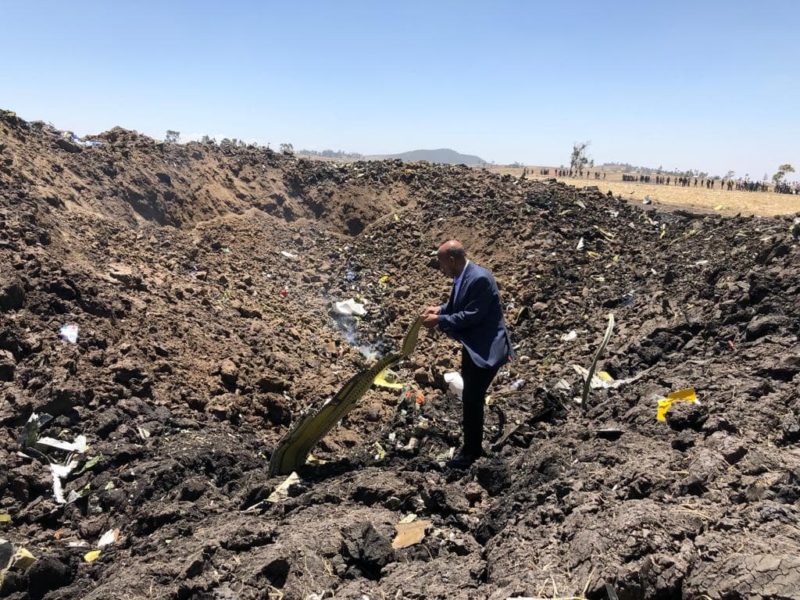Adding to the ongoing woes surrounding the 737 MAX, Boeing has issued a statement to the Federal Aviation Administration noting certain wing components are prone to cracking.
Bloomberg reports the FAA is in the process of releasing orders to operators to inspect leading edge slat tracks that may have been poorly manufactured.
If the components were to fail, the aircraft would not be lost, however would have degraded performance during takeoff and landing due to the loss of lift. Additionally, having components flying off aircraft wings in flight at high speeds could result in damage to the rest of the wing, fuselage or tail plane.
Boeing has identified 148 problematic parts from Spirit AeroSystems, has issued their own warning to operators and is in the process of sending out replacements.

Boeing breaks down the list of potentially affected aircraft as 179 737 MAXs and 133 737NGs. The FAA notes 65 U.S. based aircraft are on the list.
These numbers are subject to change as inspections are carried out by all operators contacted by the FAA and Boeing.
Since March 13th 2019, the Boeing 737 MAX has remained on the ground apart from Boeing test flights after investigators linked a new control system to two fatal crashes of the type being Lion Air JT610 and Ethiopian Airlines ET302.

A software fix is currently in the works and is now awaiting certification, however with authorities still half and half on the aircraft, some are hesitant to rush the aircraft back into service.
Presenting their financial results in April, Boeing was forced to accept over $1 billion worth of losses and a 20 per cent loss in company shares.
Tim Clark, president of Emirates, recently stated he’d be surprised if the aircraft is back in the air by Christmas.
Part of the ongoing work in cooperation with regulators around the world is how much and what type of training is required to fly the aircraft. Boeing stresses no more than a simple computer-based training initiative is required, however pilots and airlines are stressing simulator training may be required.
What’s your take on this growing situation?


